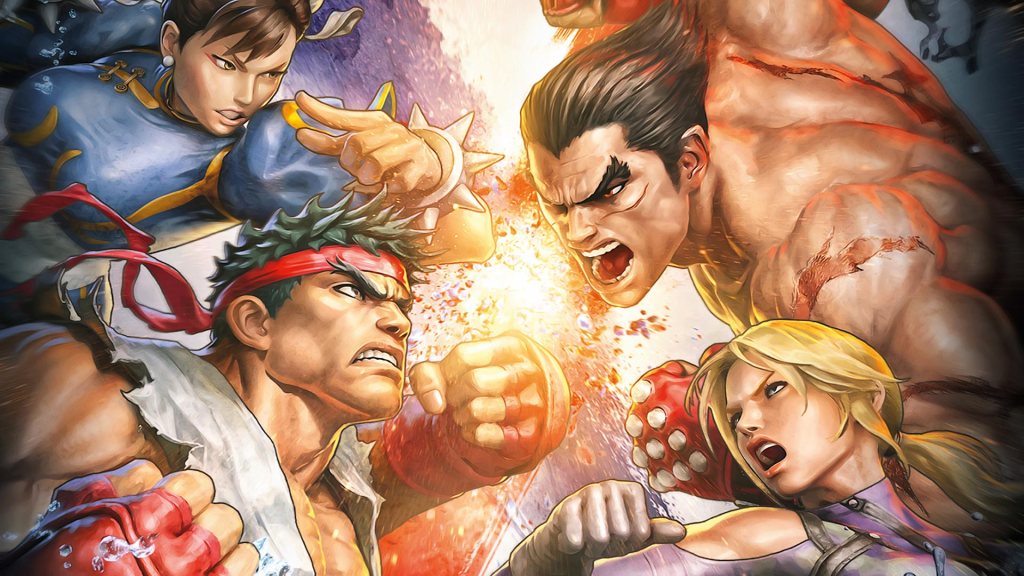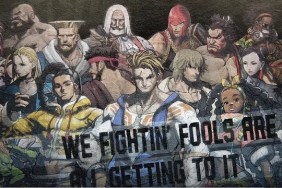Capcom's Street Fighter V ushered in a new controversial business model for the premiere fighting franchise on consoles, electing to position the game as "a platform" with continual updates rather than having fixed expansions like Super and Ultra versions of the game. Players can purchase some of the major updates (extra characters and the like) using real money or with in-game currency, if they have amassed enough through dedicated play.
But Katsuhiro Harada, producer and creator of the Tekken franchise, believes that Street Fighter's prior model of expansions has value for the player that's under-appreciated.
Through fellow Tekken developer and translator Michael Murray, at a roundtable interview during a private Bandai Namco studio event, Harada (who had much more to say in our full interview with him) explained the issue with the "platform" model and the benefits of fixed expansions in fighting games:
It's hard to tell because if we think about what they were actually trying to achieve, you know, obviously some people get the DLC for free but not all of it. They probably get some character, some costume, or something for free and they still wouldn't have enough currency to buy whatever else they wanted so they would purchase that other part outright. [But] you have that business model that would allow them to sustain creating all of this stuff. I don't know how that actually turned out.Harada-san was just saying that he didn't not like the previous model of having Super, Ultra, etc. Having that step where it's kind of packaged into one lump and then updated is something he actually likes. One reason, from a player perspective, is that if you miss the launch of, for example, Street Fighter IV, and it [had this] trickle with characters, etc., it's hard to find the next time to jump into it. Where if you have Super coming up, it's like, "Okay, I missed IV, but now is a good time to jump in and buy this now." It's hard to find that timing if it is continually updated.
Also, it would allow us to not only add characters and updates that tournament-going people would like but also some other elements for the casual crowd to get around, to have that packaged installment. Whether [the "platform" model] is going to be the case for Tekken 7 is too early to tell.
The other benefit, from a media perspective, is that expansions allow for easier bulk coverage as opposed to minor news updates throughout the lifespan of the game. On the flipside, continual updates allow a game at least to be in the news on a more consistent basis throughout the year.
Where do you side on the "platform" vs. "expansions" model?







